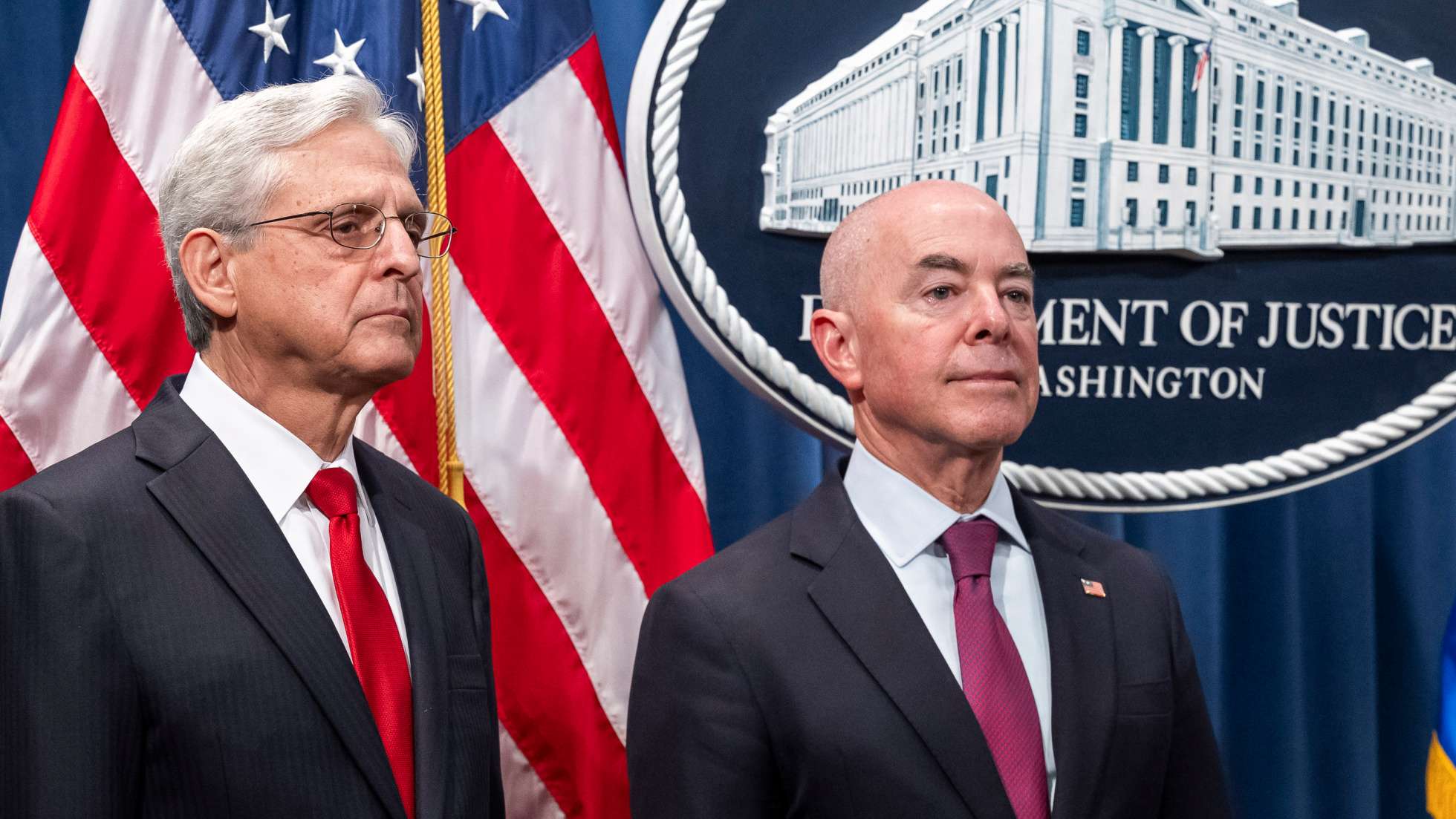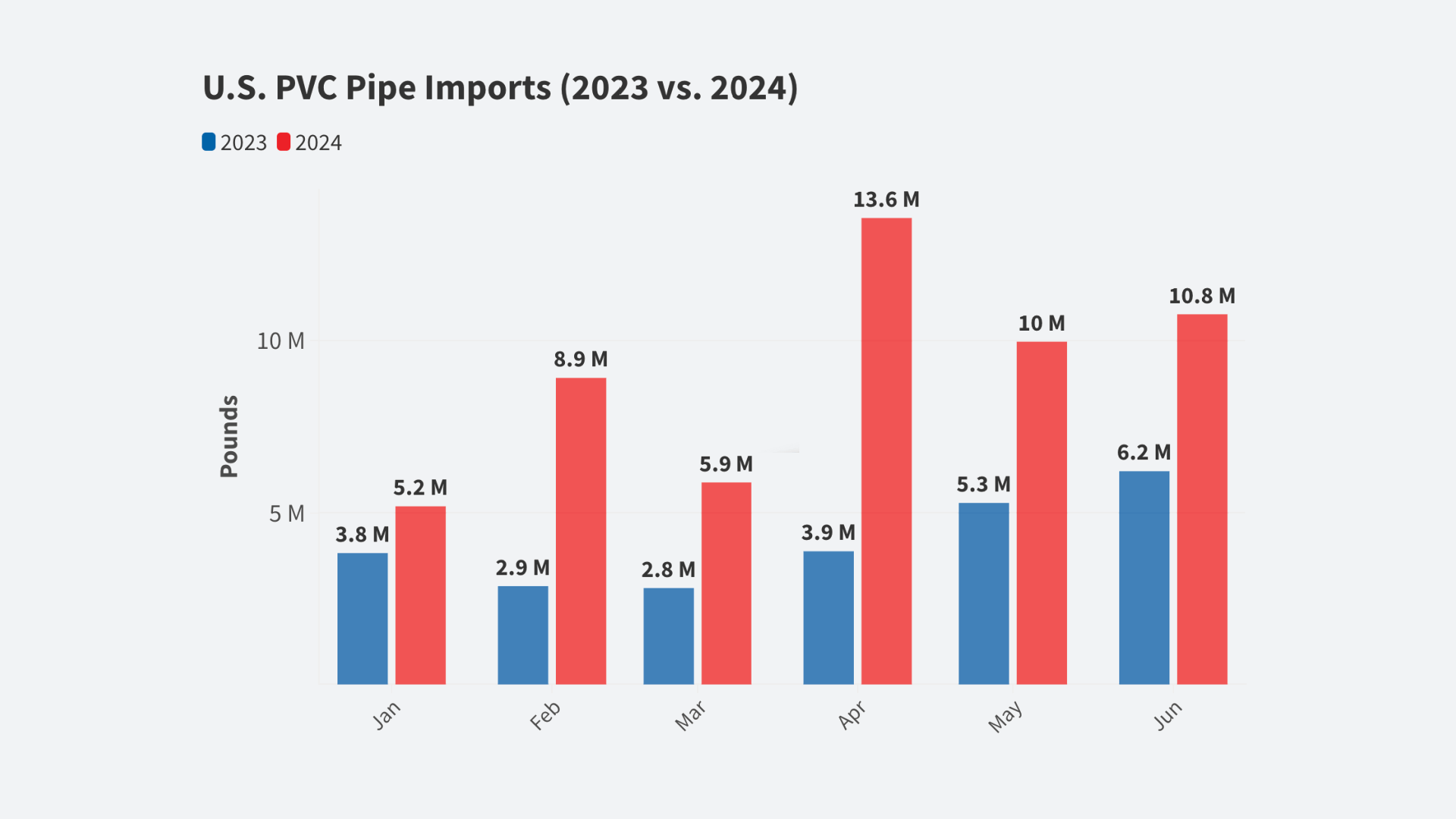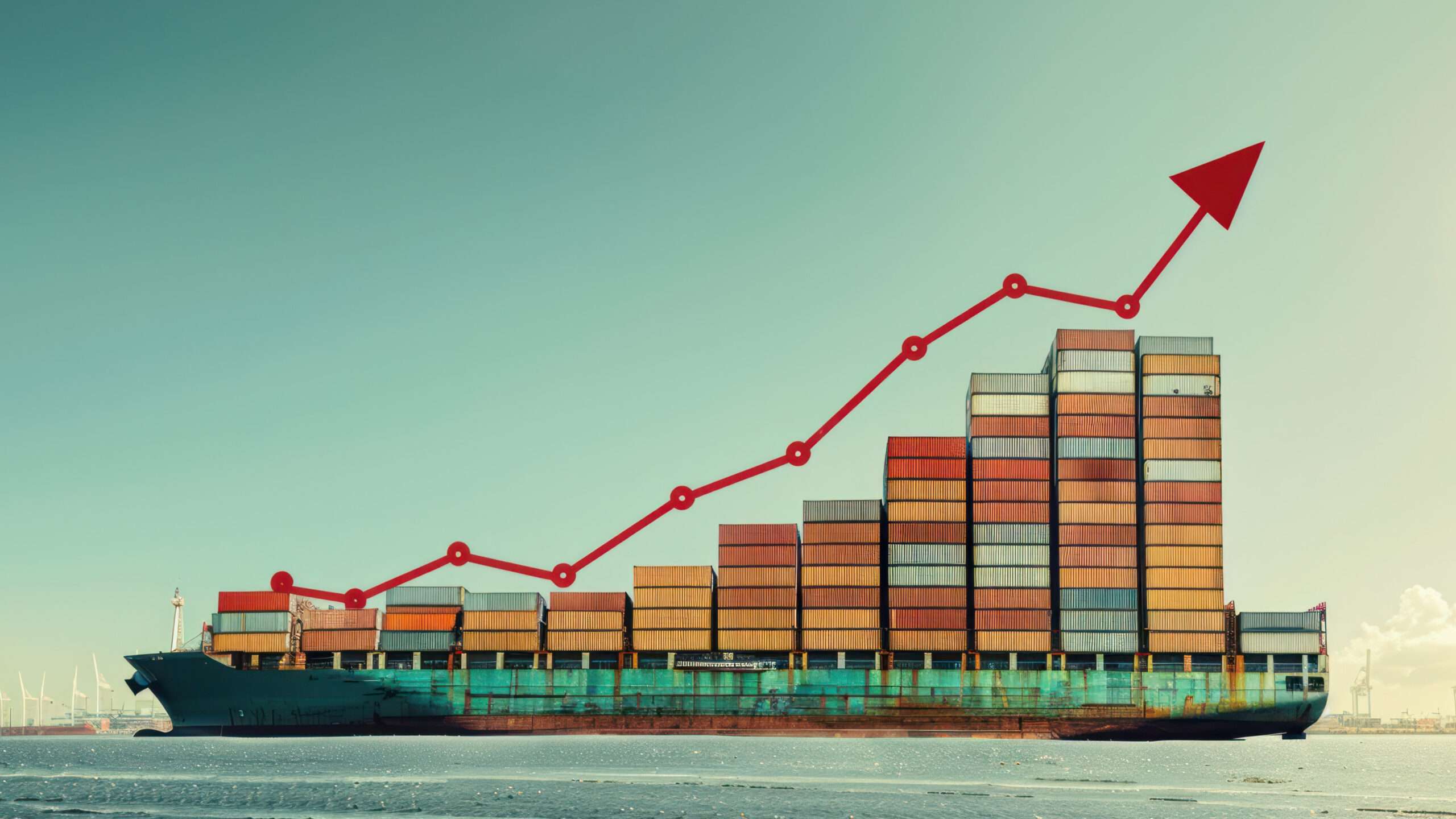Editor’s note: Mike Wessel rightly states that we can’t merely open up to China trade as we restart the economy or we will get flooded with cheap goods that undercut the recovery.
In the nail-biting movie “Apollo 13,” NASA engineers in Houston identified the exact sequence of steps needed to power up the malfunctioning command module to get stranded astronauts back to Earth. They were in uncharted waters, racing against time, trying to save their colleagues.
[Mike Wessel | May 24, 2020 | Washington Post]
Life now imitates art: Most Americans are at home, waiting for an end to the perils of covid-19 while counting on their leaders to identify the exact sequence of steps needed to restart our economy while still keeping everyone safe.
Science and common sense — not politics — should guide our next steps when we think about public health. And we should apply the same principles to reopening our economy to the world and resuming international trade. Rushing to return to business-as-usual would squander the opportunity to remedy many existing problems that have challenged domestic industries in recent years. A rushed return to normalcy will only invite new problems. That’s why U.S. trade policy should be subject to a managed restart.
Demand and growth have plummeted in the United States and throughout the world. Trade statistics, while delayed, show reduced imports, which will surely grow once growth resumes. But, when the recovery occurs, the real question is: Who will benefit?
China is already ahead in the game: It long ago restarted many of its factories, which have been adding to inventories of products sitting in warehouses and waiting on docks. Steel inventories in China are at their highest level since 2006; more than 100 million metric tons are waiting to be shipped. That number exceeds the entire production of the U.S. industry last year. For aluminum, the threat is even greater; some 1.5 million tons, or 25 percent more than our entire production, are waiting to come our way.
And it’s not just steel and aluminum. Chemicals, glass, fiber optics, rubber and many other industries are in the crosshairs of China’s producers.
This is not a coincidence. According to Horizon Advisory, a firm analyzing Chinese-language publications, some Chinese government officials and leading academics have described the covid-19 crisis as an opportunity for Chinese producers. These voices assert that being the first to recover from the pandemic provides China a better chance to gain market share and increase its influence on key technologies. Horizon quoted a former Communist Party committee secretary as saying China will “turn crisis into opportunity: It will transform and upgrade and strengthen its position in the international industry chain.”
As our economy reopens, Chinese manufacturers — and those from other nations seeking to jump-start their economies and fuel their own growth through exports — will be focused on our market. Domestic producers of tubular goods made from hot-rolled steel used in energy extraction, fabricated structural steel used in construction, aluminum sheets going into cans and auto bodies and others are all at risk.
China does not pursue profits like most Western firms do. China’s Communist Party industrial policies identify power and dominance as the objectives: Hundreds of billions of dollars in subsidies, supported by other policies and legal and illegal actions, have fueled its rise.
China will increase the flood of its products into our market as soon as growth here resumes. This may very well cripple the ability of many of our producers to resume operations, potentially forever.
In this crisis, pursuing normal trade adjustment cases will probably be too little, too late. The average trade case takes 18 months from start to finish and are expensive, limiting the ability of small producers to seek relief. And if relief is granted, it is prospective only. So, the injury inflicted cannot be reversed.
Many other existing mechanisms are not well-suited for today’s crisis or the volume of expected assaults on our market. The Trump administration’s phase one trade deal has left the most pernicious problems for phase two — which may never be negotiated. Phase one, in the long term, won’t change the terms of trade and it won’t address the current crisis.
A managed restart could tie import growth to recovery, managing inflows from China to allow our companies to regain their economic footing. And the approach could be used to address either unfairly traded or surging imports from other countries.
The president already has broad authority to act under the International Emergency Economic Powers Act. That effort should be followed by congressional reauthorization of a measure which allows companies to petition for import limits similar to one that existed for a period following China’s entry into the World Trade Organization in 2001.
The economic collapse gives us the opportunity, and the leverage, to address many of the predatory trade practices threatening the world economy and U.S. interests. A managed restart can promote the restoration of global growth in a mutually beneficial way.
As with the team at NASA’s Mission Control, we must power up our economy carefully, to protect the people it was meant to help.
Read the original article here.













